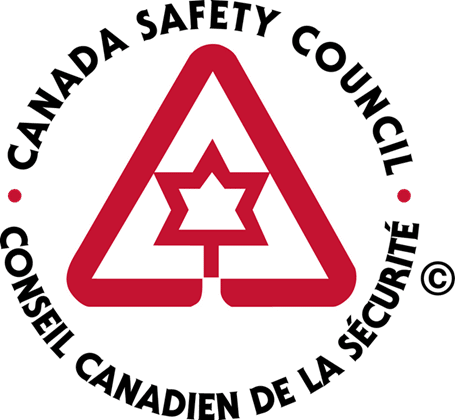Think Twice Before You Send!
Nov 3, 2022
The COVID-19 pandemic has pushed and continues to push many of our day-to-day interactions online. For those familiar and proficient with technology, this presented a mild learning curve, at best. But for those less familiar with the tools, it came along with risk.
National Senior Safety Week is November 6 – 12, and the Canada Safety Council is calling attention to the disproportionate rate of seniors being targeted in online scams.
“It is unconscionable to think of anyone taking advantage of seniors at any time,” said Gareth Jones, President and CEO of the Canada Safety Council. “In today’s world the internet and e-communication can be important tools for seniors and we all play a role in supporting this vulnerable segment of society with education and appropriate security measures such that they are not taken advantage of on-line.”
In 2022, through to the end of July, the Canadian Anti-Fraud Centre received reports of 674 cases, 273 victims and a staggering $2.7 million in monetary losses. Comparatively, the full 2021 calendar year saw 379 cases, 115 victims, and $1.7 million in losses.
“There’s been a great uptick in the last two years of seniors being more willing to use email and social media,” said Bill VanGorder, the vice-chair of the Canadian Association of Retired Persons (CARP), in an interview with the King’s University student-run publication, The Signal. “They tend to be more easily attracted and caught by those scams.”
Read on for useful safety tips to help you identify common scams and prevent yourself from becoming a victim:
- Never share personal information over the phone or email. This includes social insurance numbers, health card numbers, passwords and personal identification numbers. The phone and email are unsecured connections and you can’t be sure the person on the receiving end is who they say they are.
- Share no information on cold calls. If someone calls you and begins asking for information, inform them that you would be more comfortable hanging up and calling back. Always use a public-facing phone number to call back – do not simply dial the number that appeared on your caller ID or a number given to you by the caller.
- Do not open emails, attachments or messages from people you don’t know. They may be intentionally exposing you to a virus or a program that will log your activity. If you don’t know and trust the sender, simply delete the message.
- Do not be intimidated. Many scammers use this method, where they will attempt to intimidate and bully you into paying them or giving them information. It is designed to catch you off-guard and to make you assume you did something wrong. Your focus should be on what is being said, not how it is being said. This tactic is also typically used in cold calls and should be paired with the advice above.
If you fear you may have been victimized by a scam, you should report the incident with your local police or log it through the Canadian Anti-Fraud Centre.
–
For more information, please contact:
Lewis Smith
Manager, National Projects, Canada Safety Council
lewis.smith@safety-council.org
Support CSC!
The Canada Safety Council is a non-profit organization.
Helpful programs and pages like this one are made possible by donations from people like you.
Help us help everyone and make an online donation now!
